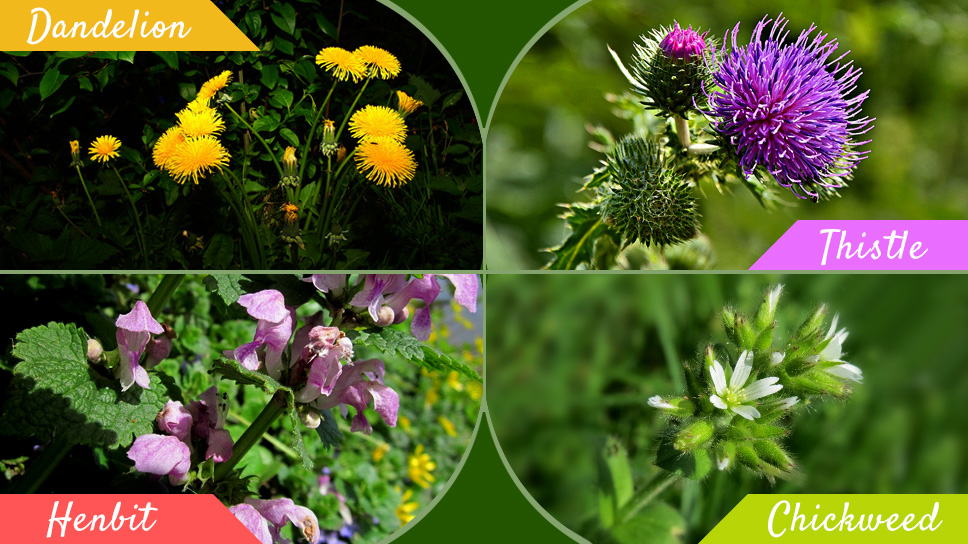Different Types of Weeds that grow in Austin, Texas
Weeds are well-known pests of plants beneficial to man. Like
all pests, they must be eradicated because they affect the optimal growth and
development of plants. It is nearly impossible to escape the menace caused by
weeds. A good plan of action can reduce their presence to the barest minimum. A
simple search through online lawn services on the web can provide
you with methods and techniques to eradicate weeds if you should decide to
handle the weeding yourself.
There are broad-leaf weeds and grassy weeds. These weeds can
also be either annual or perennial. This means that their life cycle is yearly
or has a two-year cycle. The longer its life cycle, the harder the weed is to
eradicate. In a case where you encounter such stubborn weeds, your best bet
will be to engage the services of a lawn service in Austin. Experts in weed control will help you get rid of these hardy plant
pests.
The two main types of weed in Austin, Texas - broadleaf weeds
and grassy weeds have different species under them. For broadleaf weeds, the most common weed species are: the dandelion,
thistle and henbit, chickweed.
-
Dandelion
The dandelion is very easy to
recognize because of its distinctive appearance. It has a star-shaped flower
head which is yellow in color when it blossoms. Dandelions are in full bloom
usually in early summer or spring and can be either biennial or perennial.
-
Thistle
Thistles are weeds that can be very
tough if left unchecked. They can grow several feet high and can take up your
whole lawn and have a woolly, hairy look. They can also be either biennial or
perennial.
-
Henbit
Henbit is another common weed in Austin.
It is purple in color and has very weak supporting stems that grow even weaker
as the plant grows. They are more common in central Texas and blooms mostly in
early spring. It is a winter weed.
-
Chickweed
This is another winter weed that ends
its life cycle in early summer. They grow in pairs opposite each other on the
same stem and have hairy stem. Chickens love eating this weed and this is how
it derived its name - chickweed.
For the grassy weed category, below
are some of the grassy weeds that are common in Austin, Texas. From the name - grassy weeds,
you can easily tell that they are grass - like in nature compared to their broad-leafed
counterparts. They include the following species: Crab grass, Bluegrass (Poa annua),
and Goose grass.
-
Crab Grass
Crab grass is a very stubborn grass
type that is very difficult to eradicate because its seeds can stay dormant in
the soil for a very long time and can start growing at any time. Despite a lot
of weed control efforts, crab grass can be tough. You will need to use the
services of a lawn care service to control them effectively. They are of two
types – the smooth and the hairy crab grass. Both grow quickly and can take
over your lawn if left unchecked.
-
Blue Grass (Poa annua)
This is another very stubborn grassy
weed that can grow very rapidly once its seed is spread through your lawn. They
grow from late winter to early spring usually and are annual in nature. It
grows best in rich and moist soil. A good lawn care Austin can
control it perfectly well or if you can plant a grass type like Bermuda or
Zoysia grass before the weeds germinate, they can be naturally controlled.
-
Goose grass
Goose grass is an annual grassy weed
that grows rapidly once its seeds are spread through your lawn. They are tough
to cut with a lawn mower if your blades aren’t sharp. It is commonly found
through-out Texas and removing them might require the services of a Lawn care services Austin.



.png)

Comments
Post a Comment